
The internal medicine resident at SUNY Upstate Medical University Hospital discussed the implications of findings from a deidentified database of EMR data.

The internal medicine resident at SUNY Upstate Medical University Hospital discussed the implications of findings from a deidentified database of EMR data.

The principal scientist at Bristol Myers Squibb discussed a biomarker analysis she presented at ASCO's 2025 meeting.
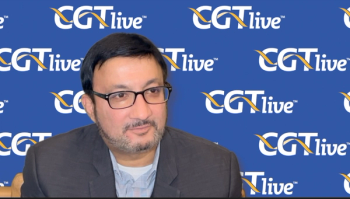
The hematologist/oncologist at the Cleveland Clinic discussed next steps after early promising results were presented at ASCO’s 2025 meeting.

Manali Kamdar, MD, the associate professor of medicine–hematology and clinical director of lymphoma services at the University of Colorado, discussed the implications of a large scale analysis of liso-cel recipients.
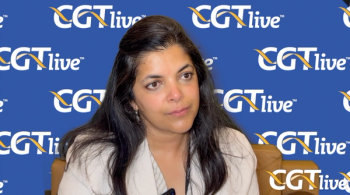
The associate professor of medicine–hematology and clinical director of lymphoma services at the University of Colorado discussed the implications of a large scale analysis of liso-cel recipients.
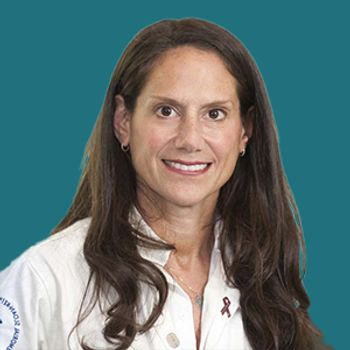
The MSKCC Amyloidosis Program director and NEXICART-2 principal study investigator discussed results she presented at ASCO's 2025 meeting.

The hematologist/oncologist at the Cleveland Clinic discussed early results from a clinical trial evaluating the BCMA-directed CAR-T therapy.
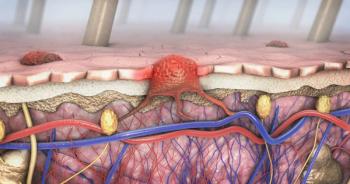
The analysis included 153 patients with a median follow-up of 57.8 months.

Following treatment with NXC-201, all 7 patients (100%) showed normalized pathological disease markers.
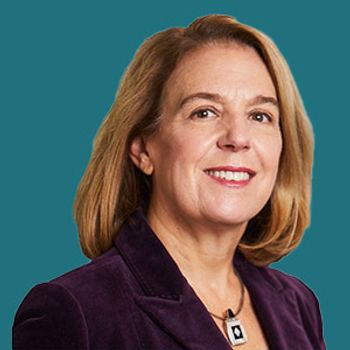
Laura Aguilar MD, PhD, the chief medical officer of Diakonos Oncology discussed the broader implications of a positive data readout from a trial for the company’s autologous dendritic cell immunotherapy.

Jamie Jacobs, PhD, the program director of the center for psychiatric oncology & behavioral sciences at Mass General Cancer Center, discussed her presentation at ASCO this year.

The associate professor of medicine–hematology and clinical director of lymphoma services at the University of Colorado discussed an analysis of more than 1,500 patients treated with liso-cel across clinical trials and the real world.

Laura Aguilar MD, PhD, the chief medical officer of Diakonos Oncology discussed phase 1 data on the company’s autologous dendritic cell immunotherapy.
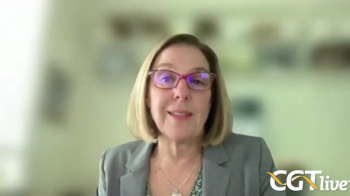
The chief medical officer of Diakonos Oncology discussed the broader implications of a positive data readout from a trial for the company’s autologous dendritic cell immunotherapy.
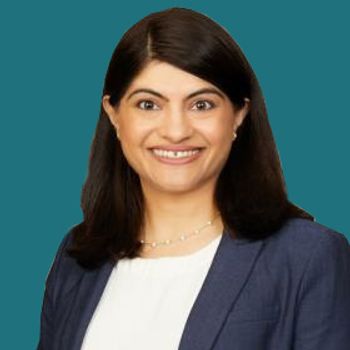
Ciltacabtagene autoleucel significantly enhances survival rates in relapsed/refractory multiple myeloma, outperforming standard treatments across various patient subgroups.
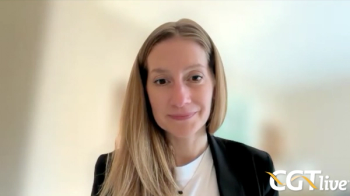
The program director of the center for psychiatric oncology & behavioral sciences at Mass General Cancer Center discussed her presentation at ASCO this year.
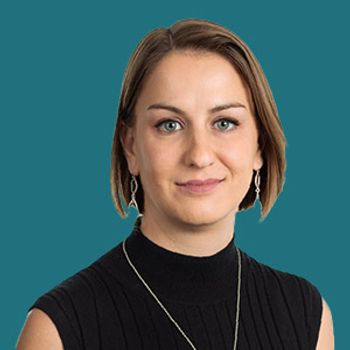
Sarah Hein, PhD, the chief executive officer and cofounder of March Biosciences, discussed the company’s trial design presentation at ASCO’s 2025 meeting.

The chief medical officer of Diakonos Oncology discussed phase 1 data on the company’s autologous dendritic cell immunotherapy.
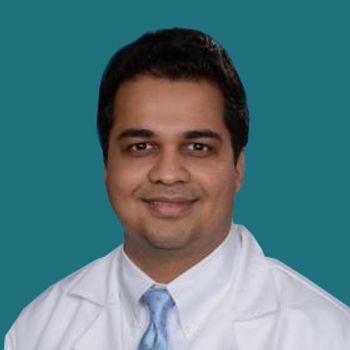
KITE-363 shows promising results in treating relapsed/refractory large B-cell lymphoma, with high response rates and manageable adverse events.

The CAR T-cell therapy showed promise in treating advanced gastric cancer by demonstrating improved survival rates and safety in pivotal trial results.
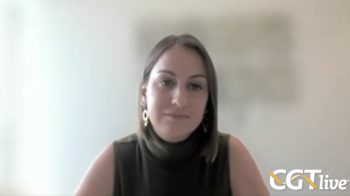
The chief executive officer and cofounder of March Biosciences discussed the company’s trial design presentation at ASCO’s 2025 meeting.

The associate professor of medicine at University of Colorado discussed data presented at ASCO 2024.
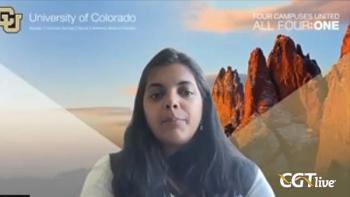
Manali Kamdar, MD, on The Importance of Bringing Liso-Cel to Earlier Lines of Lymphoma Treatment
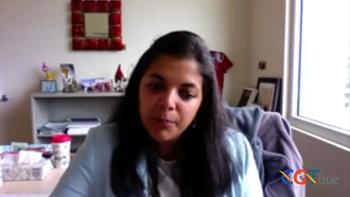
The associate professor of medicine at University of Colorado discussed how the field has shifted to support the growing use of CAR Ts and progress to come.
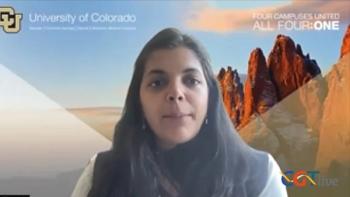
The associate professor of medicine at University of Colorado discussed a post hoc analysis study on subgroup analyses of liso-cel response.
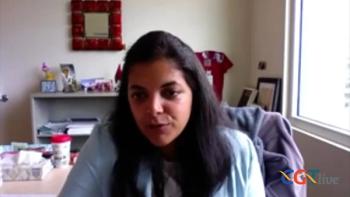
The associate professor of medicine at University of Colorado discussed data in the primary relapsed LBCL setting.
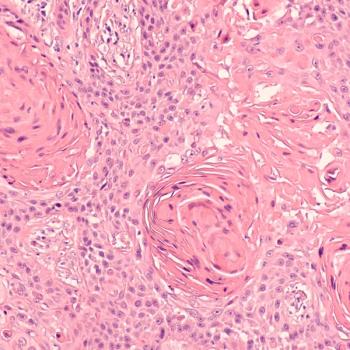
Candel also recently received orphan drug designation for CAN-3110 for treating recurrent, high-grade glioma.
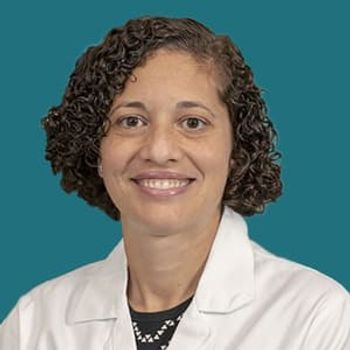
Nine responses were ongoing as of the March 2023 cutoff date.
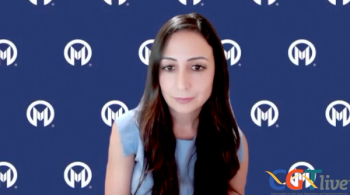
The assistant professor at Moffit Cancer Center discussed the subgroup analysis she presented at ASCO’s 2024 Annual Meeting.
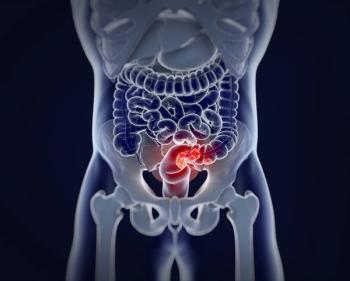
GCC19CART targets both guanylate cyclase 2C and CD19.